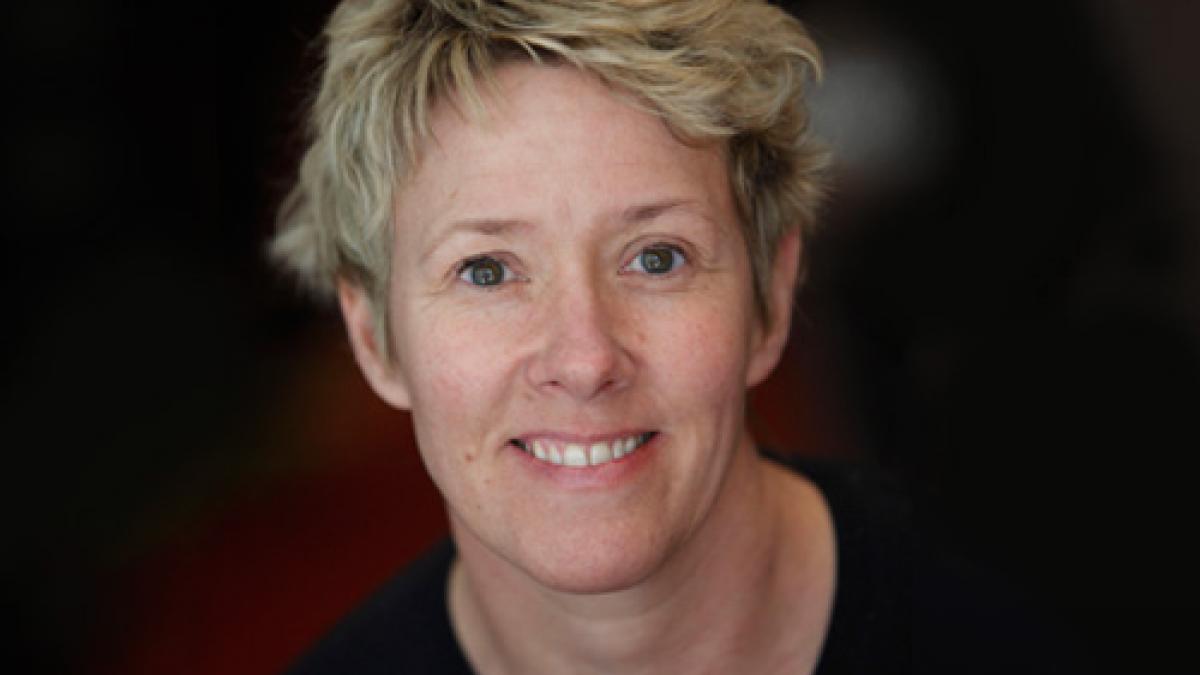Physiotherapists and other clinicians should have more involvement in digitising the NHS in England, said Beverley Bryant, director of digital transformation at NHS Digital.

NHS Digital’s Beverley Bryant: clinicians need to be part of IT decision making
‘It’s alright having the policy leads and having it all driven by new models of care,’ she said.
‘But if you don’t have clinicians as part of the decision making, once again we will be imposing technologies on the health and care system without bringing the users with us.’
Ms Bryant, who was previously the director of digital technology at NHS England, was speaking at a Westminster Health Forum in London on 7 February about the next steps to digitise the NHS in England.
Commenting after the event, CSP director Steve Tolan said the NHS digital agenda would succeed or fail based on the knowledge, attitude and behaviour of IT users.
‘Physiotherapists must ensure that digital developments, such as the electronic patient record are fit for their local and professional purposes.
‘I really urge all physio staff to identify people in their organisation with informatics in their job role and speak to them.’
New NHS website for patients
On the theme of empowering patients to take control of their own healthcare, Ms Bryant said her organisation would ‘upgrade’ the popular NHS Choices portal and rebrand it NHS.UK. The new site would offer much more personalised information and guidance, she promised.
NHS.UK would give users the option to create an account that allows them to receive reminders to order repeat prescriptions, and have access to tools to manage their prescriptions and appointments, she said.
It would be a ‘framework’ to assess and recommended wearables and apps, which patients might want to download and use to help manage their own conditions.
‘By giving people more control and an understanding of what could work for them through knowledge and tools, we think people will be able to make more informed lifestyle choices,’ she said.
She emphasised that NHS Digital had to ensure that nobody was left behind: ‘Six million citizens in England are not online and 12 million citizens have low literacy.
‘So we need to continue to offer skills to the hard-to-reach people and build their capabilities around these tools.’
Despite the programme aiming for a paperless NHS by 2020, Ms Bryant admitted that it would take much longer to create a fully digitised health system.
Number of subscribers: 1